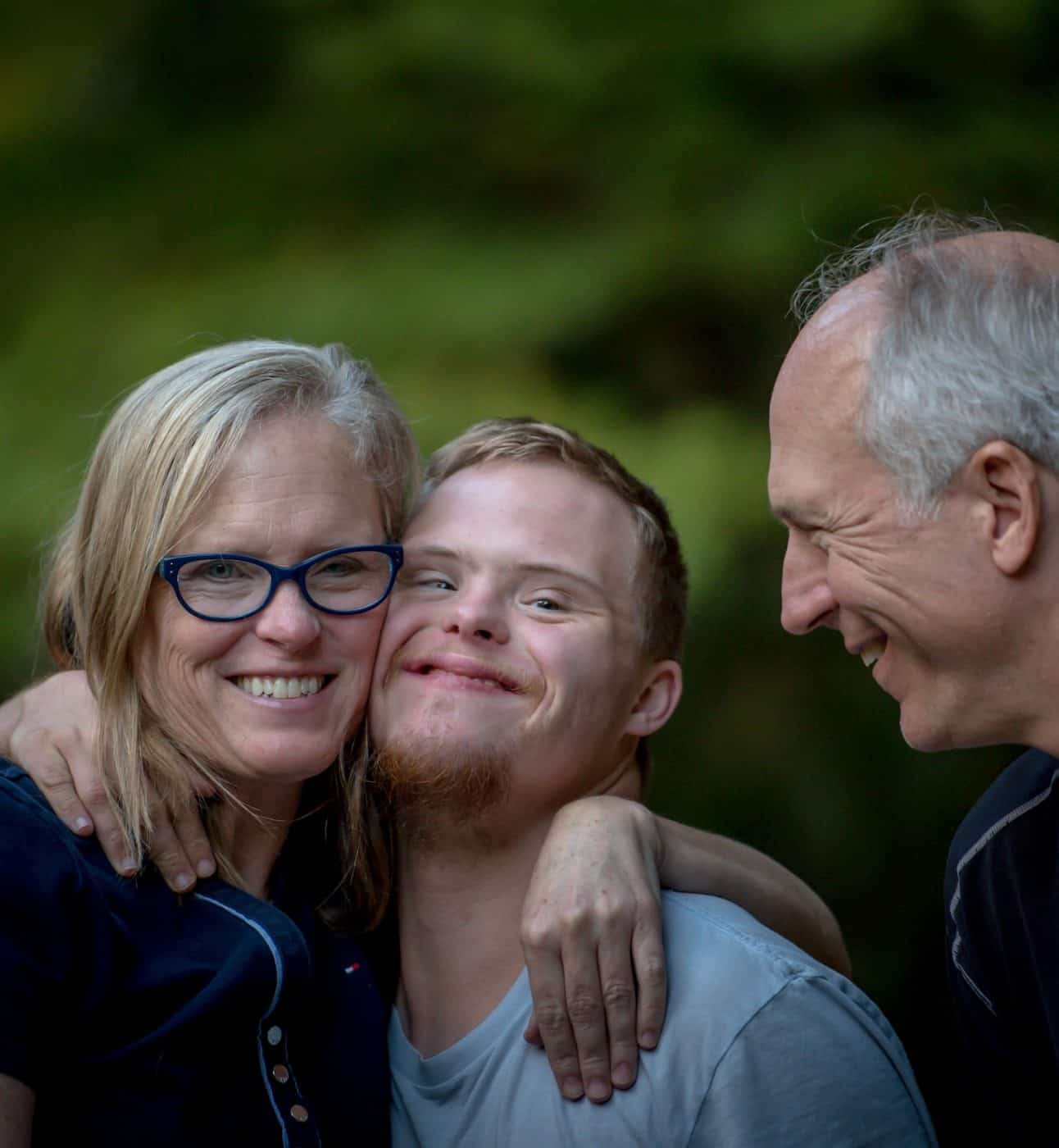Managing anxiety and depression in a person living with dementia
It's not always possible for a person affected by anxiety or depression and dementia to recognise these symptoms in themselves.

Information on helping a person with dementia stay physically well, including tips for eating and drinking and managing anxiety and depression.
It's not always possible for a person affected by anxiety or depression and dementia to recognise these symptoms in themselves.
These information leaflets focus on cancer and dementia. They include 'Cancer and dementia: A guide for carers' and 'A guide for people with cancer and dementia.
People with dementia can experience problems with using the toilet, which can be distressing for them and those who care for them.
Tips and techniques to help prevent distress in a person with dementia, as well as methods for promoting calm in the moment.
What is delirium? What causes it? What are the symptoms? Can it be treated? How does it affect people living with dementia?
For some people living with dementia, their brain misinterprets the information from their senses. This can lead to false beliefs.
Dementia often has an impact on people’s appetite and ability to eat and drink. Here's how to support the person you care for.
Being diagnosed with dementia can cause distress and a feeling of hopelessness. Understanding why you are having these feelings – and how to manage them – can help you come to terms with the diagnosis.
Falls are common in older people and people with dementia, and can make it difficult for them to live independently.
Understanding, recognising and managing frailty means the person with dementia can access the right care and support and have a better quality of life.
For some people living with dementia, their brain misinterprets the information from their senses. This is called ‘changes in perception’.
There is evidence that people living with dementia can remain healthy, with a good sense of well-being, by being active and socially engaged.
People with dementia may not always recognise when they are thirsty or be able to express their thirst. This may mean that they do not drink enough and become dehydrated.
As a dementia progresses, many people struggle with their personal hygiene. This can lead to infections and skin damage, and can also be embarrassing for the person with dementia and those around them.

How to support someone with a learning disability and dementia.
There is no known cure for dementia, but for some types of dementia, medication may help to relieve some of the symptoms or slow progression.
Mental health wards (also known as psychiatric wards/units) care for people who are experiencing a mental health crisis.
Maintaining good mouth care and oral health is essential. Daily care can help stop problems and help avoid pain when eating, drinking and communicating.
Pain can often be missed in people with dementia. They may have communication difficulties or have difficulty interpreting their pain.
Here are some tips and advice from our Admiral Nurses that you can try when a person with dementia wants to leave the house.
Teaching a person with dementia how to care for their stoma is not possible in all cases, where it is possible, attempts should be made to encourage them.
People with dementia can have trouble hearing and difficulty with sounds. We explain why this might happen, and how you can help.
Advice on how to keep safe in hot weather spells and how you can prevent dehydration for people living with dementia.
In winter and especially with the current cold weather warning, it is important for all of us to stay warm as people with dementia can be especially at risk.
Sundowning is a term used for the changes in behaviour that occur in the evening, around dusk, and experience agitation or anxiety.